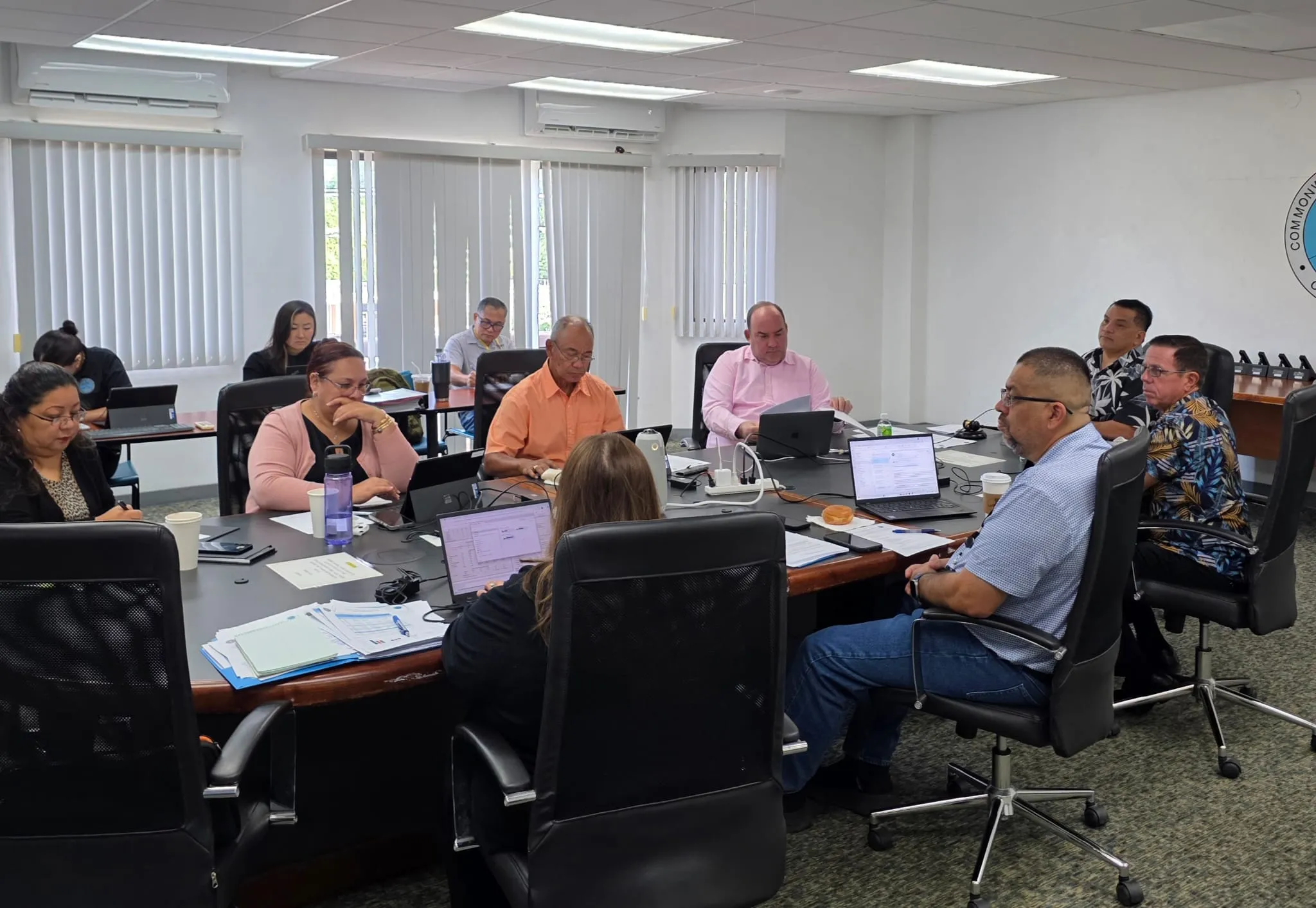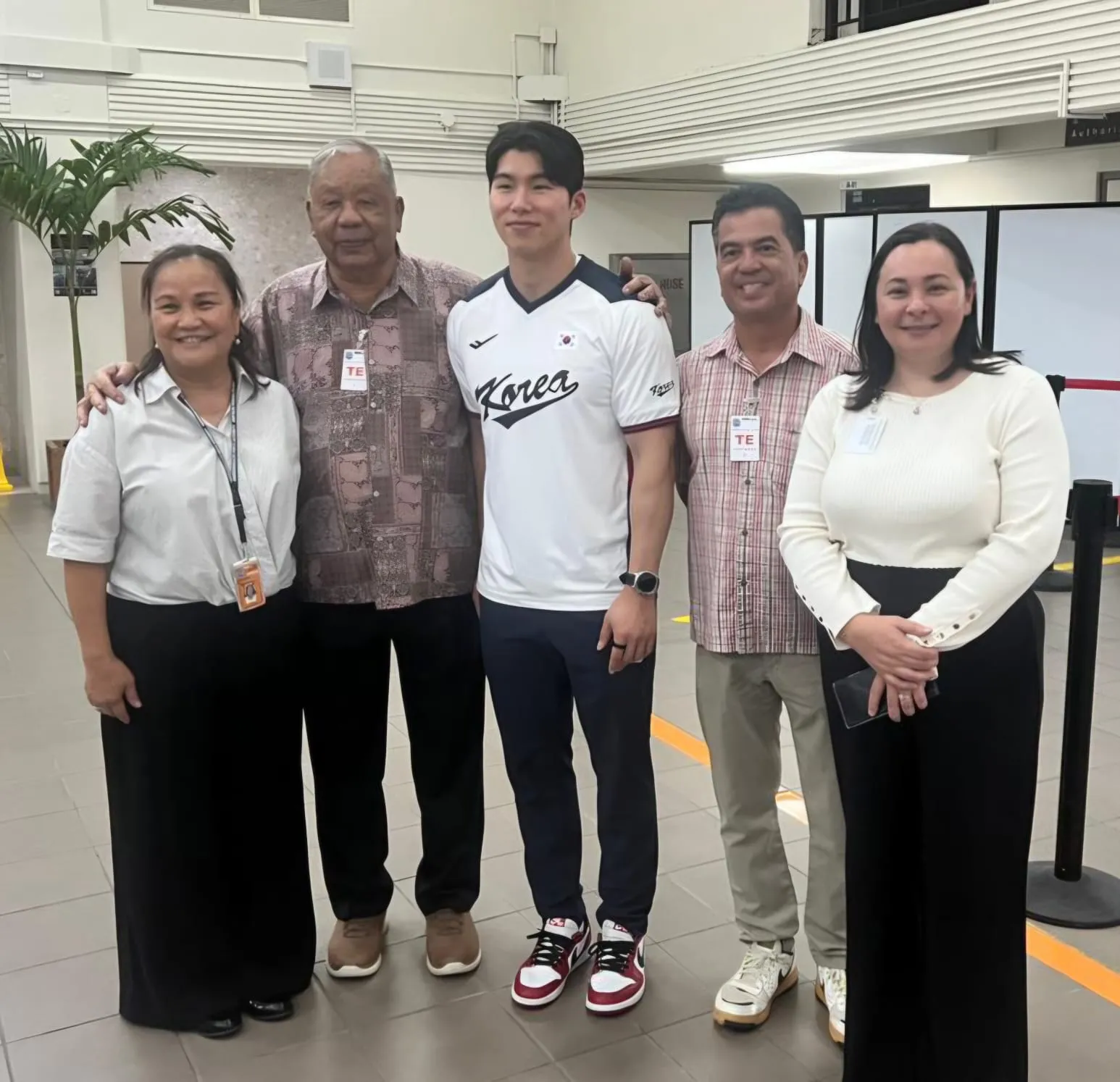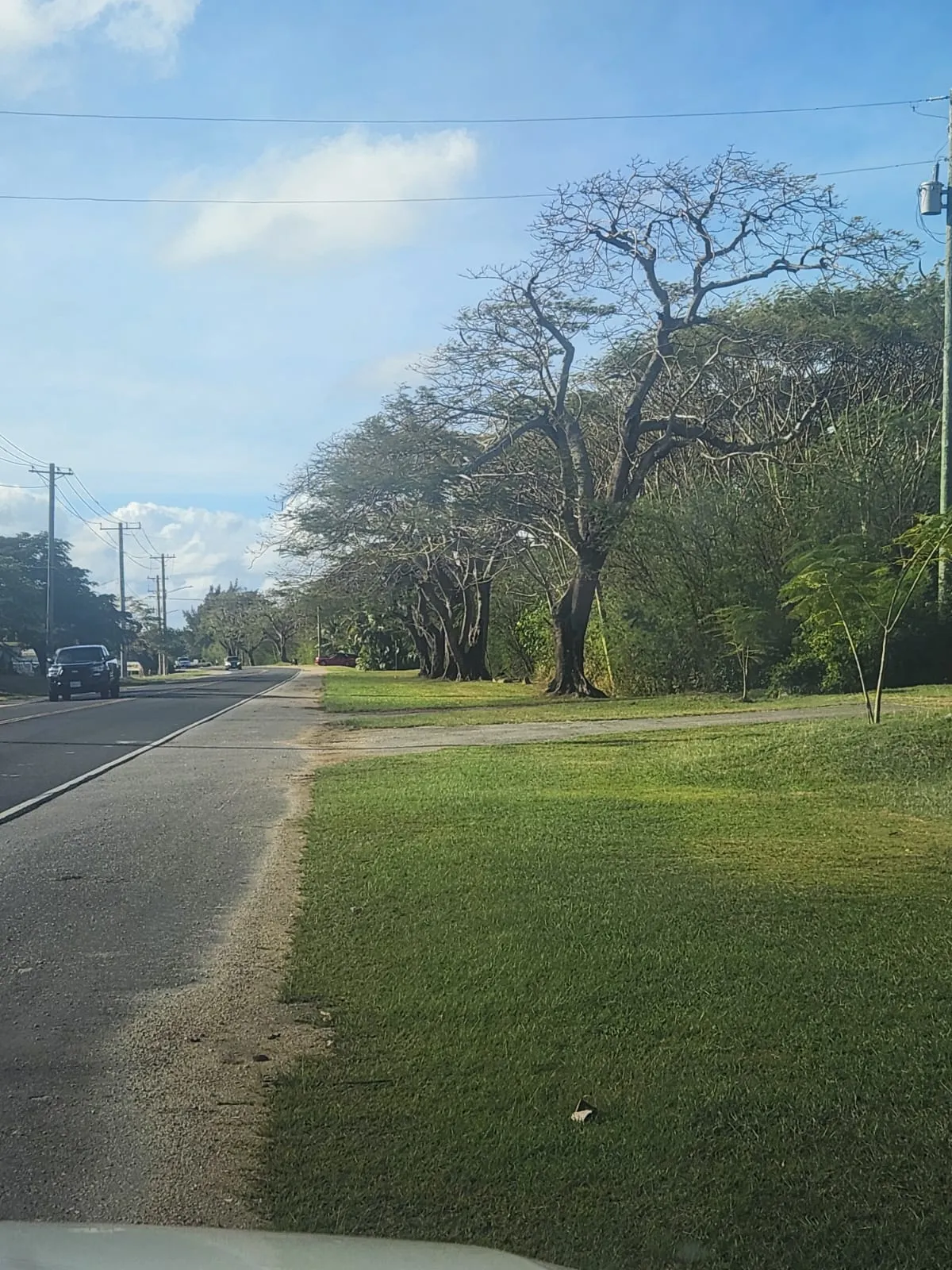
ACTING Revenue and Taxation Director Daniel Dean T. Alvarez Jr. said the Legislature should “strongly consider instituting a limitation on the amount of tax eligible for education tax credit so that the CNMI receives a portion of the taxes it is owed.”
He was commenting on House Bill 23-48, which would establish a registered apprenticeship program with the CNMI Department of Labor to increase the number of highly skilled workers among local residents and ensure that employers hire and train apprentices.
The bill, which Rep. Denita Yangetmai introduced in anticipation of the expiration of the CNMI-Only Transitional Worker Visa on Dec. 31, 2029, would also entitle participating businesses to avail themselves of the education tax credit.
H.B. 23-48, which passed the House on July 23, 2023, is now with the Senate Committee on Fiscal Affairs.
In his written testimony to the committee’s chairman, Senate Vice President Donald Manglona, Alvarez noted that the legislative intent for the education tax credit was to “incentivize” charitable organizations by providing a substantially greater tax benefit than the charitable deduction allowed under the Northern Marianas Territorial Income Tax.
“However, the enacted tax credit scheme fails to provide any incentive to donate money other than that owed to the CNMI,” Alvarez said.
He urged the Legislature to “consider whether the statute is best designed to achieve the purpose of enhancing education in the Commonwealth and assess the viability of other incentives such as deductions and modified credits.”
Alvarez said if the education tax credit remains unchanged, the Legislature should “strongly consider” limiting its amount. For example, he said, allow a credit of less than 25% of the tax under the law or $5,000.
Otherwise, he said, if every taxpayer utilizes the education tax credit to the extent possible, the CNMI government “could be deprived of up to $5,000 worth of taxes for every taxpayer.”
He said even if the credit structure is not modified, the statute should require that all entities listed in the ETC statute, including the Commonwealth Registered Apprenticeship Program, maintain tax-exempt status.
“The ability to receive tax deductible or creditable contributions is a significant benefit to charitable organizations and allowing taxpayer deduction or credit is a substantial expenditure for the government,” Alvarez said.
According to the ETC law, “through this incentive taxpayers will be able to make cash contributions to qualifying educational institutions, including the Public School System and the Northern Marianas College, and receive a nonrefundable credit on their primary local taxes.”
Also qualified to receive ETC donations are:
“An educational institution located in the Commonwealth which has been issued a Letter of Determination granting tax-exempt status under Section 501(c)(3) of the IRC by the Division of Revenue and Taxation prior to the date of the donation for which the tax credit is taken”; the Commonwealth Museum of History and Culture; the Northern Mariana Islands Council for the Humanities; the Joeten-Kiyu Public Library; the Northern Marianas Technical Institute; and the Northern Marianas Sports Association.











